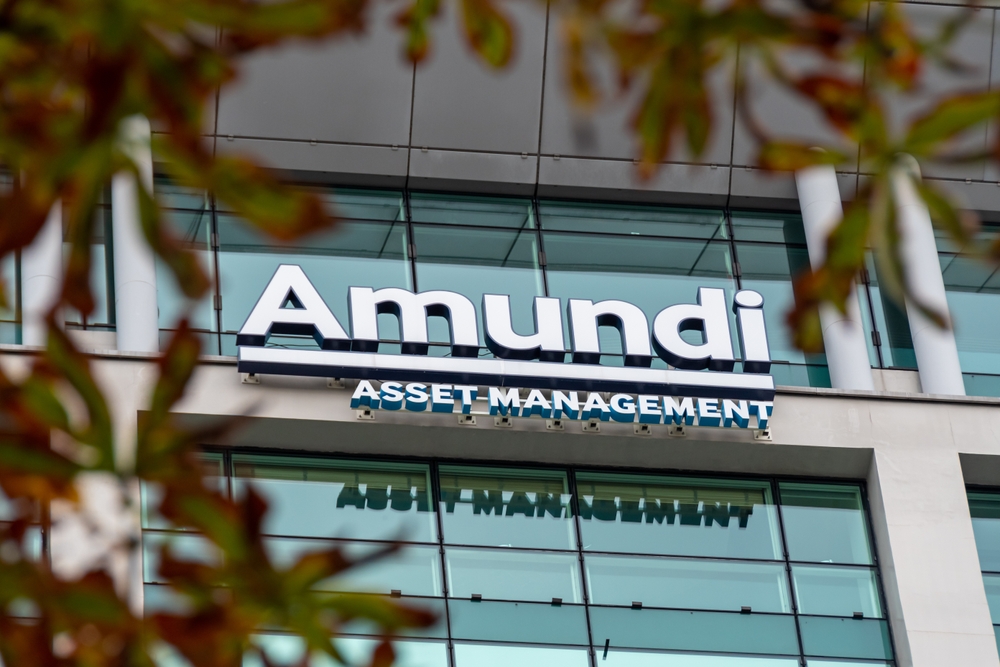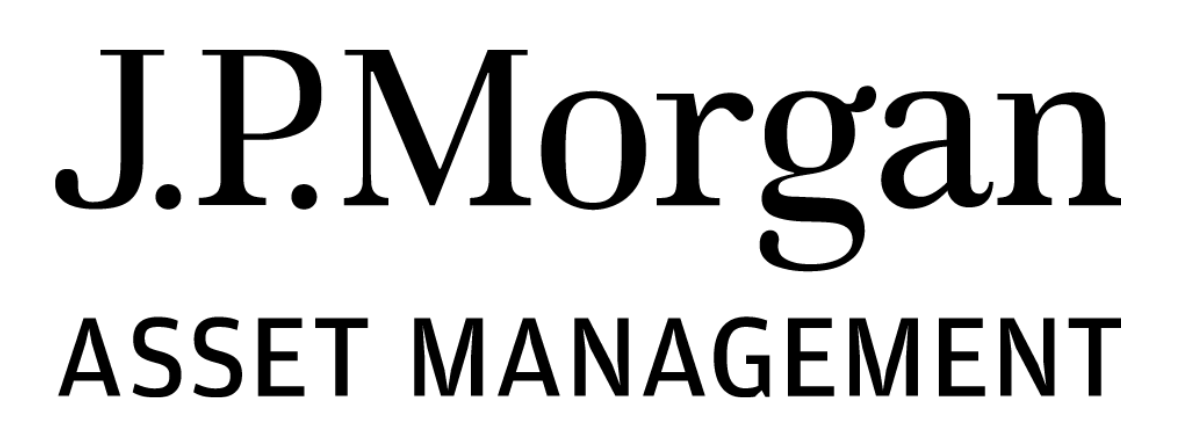Amundi is starting to show signs of intent for its European ETF business following two years of tidying its range post-Lyxor acquisition.
Earlier this week, Benoit Sorel, head of ETFs at Amundi, who joined in November 2023, revealed how the group plans to fend off the challenge of its “vocal” rivals.
Speaking to ETF Stream, Sorel said Europe’s largest asset manager will focus on the growth of retail ETF adoption and sustainable investing despite the recent backlash.
Amundi is currently Europe’s second-largest ETF issuer, with $261bn assets under management (AUM), after leapfrogging its rival DWS following the acquisition of Lyxor in January 2022.
However, the German asset manager has been on a charge since the start of last year and has made no secret of its plans to recapture the number two spot.
After $22.5bn inflows versus $12.1bn for Amundi in 2023, DWS has made a strong start to the year, with net new assets of $8.3bn in Q1 versus $5.4bn for the French asset manager, according to data from ETFbook.
Despite the challenge, Amundi has started expanding its range once again. Its most successful launch this year has been the Amundi Prime All Country World UCITS ETF (WEBG) – Europe’s lowest-fee global ETF with a total expense ratio (TER) of 0.07% – which has captured $914m AUM, as at 13 June.
Furthermore, it has joined rivals BlackRock and DWS in bringing a fixed-maturity ETF range to market which includes Europe’s first German bund and euro government bond ETFs.
However, DWS remains in a strong position after capturing 17% – or $4.6bn – of Europe’s overall ETF inflows in May, according to Bloomberg Intelligence, alongside State Street Global Advisors (SSGA) which continues to see strong demand for its 0.03% SPDR S&P 500 UCITS ETF (SPY5) which now has $15.2bn AUM.
“The gaps underscore the dynamism of competition in Europe and how distribution wins or specific client allocations can affect ETF market share,” Henry Jim, ETF analyst at Bloomberg Intelligence, said. “We can expect more shifts in the share of flows as the industry continues to grow.”
As highlighted, Amundi has started to react. With the majority of ETF flows still going into core building blocks, offering Europe’s cheapest global ETF will go some way in halting the surge from rivals.
Interestingly, Sorel said Amundi will not be entering the race for active ETF assets.
“We are looking at the market because it is growing and it is our job to understand the dynamics,” he said. “However, we are interested in what is best for the client and for the moment it is not a no-brainer for active ETFs versus mutual funds.”
Final word
It will be interesting to watch whether Amundi – an established player in active mutual funds – maintains this stance or whether it will draw inspiration from the lead of JP Morgan Asset Management and repurpose some of its best ideas to ride the active ETF wave.








